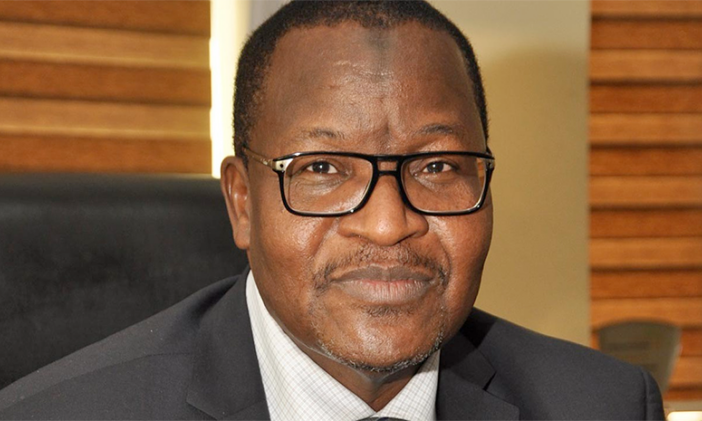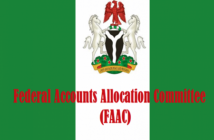The executive vice chairman of the Nigerian Communications Commission (NCC), Prof Umar Danbatta, has reaffirmed that Nigeria is well-positioned to attract a fair share of the $517.17 billion of the global data centre market.
According to market reports, the global data centre market valued at $187.35 billion in 2020 will reach $517.17 billion by 2030, registering a remarkable cumulative average growth rate (CAGR) of 10.5 per cent from 2021 to 2030. As many more data centres spring up in Nigeria and existing ones expand to play a backbone role in the country’s digital drive, the domestic data centre market is outpacing the global average in the growth projection at an estimated CAGR of 23.24 per cent.
Danbatta, at the Telecoms Sector Sustainability Forum organised by Business Remarks in Lagos, averred that Nigeria provides an appealing destination for more investment in data centre services and operations.
He added that the implication of such investments on jobs in the construction, operation, and maintenance of these data centres can only be imagined, while noting that Africa has recently assumed a new frontier and compelling destination for global Big Tech players.
“Tech giants, like Google with its Equiano subsea fibre cable spanning 15,000 km from Portugal to South Africa and strategic landing points in Nigeria and Namibia, are expected to increase connectivity more than five-fold within Nigeria while creating an expected 1.6 million jobs.
“Meta, the parent company of Facebook, is equally on the threshold of launching its own subsea cable called 2Africa in 2024 to connect 16 African countries at an estimated cost of $1 billion. It is targeted to generate close to $36 billion of economic output within two to three years of operation. While these, no doubt, portend significant socio-economic impacts for Nigeria, they bring to the fore the debate around digital sovereignty and the need for national policy and regulatory frameworks to further localise traffic and data,” the EVC further explained.




